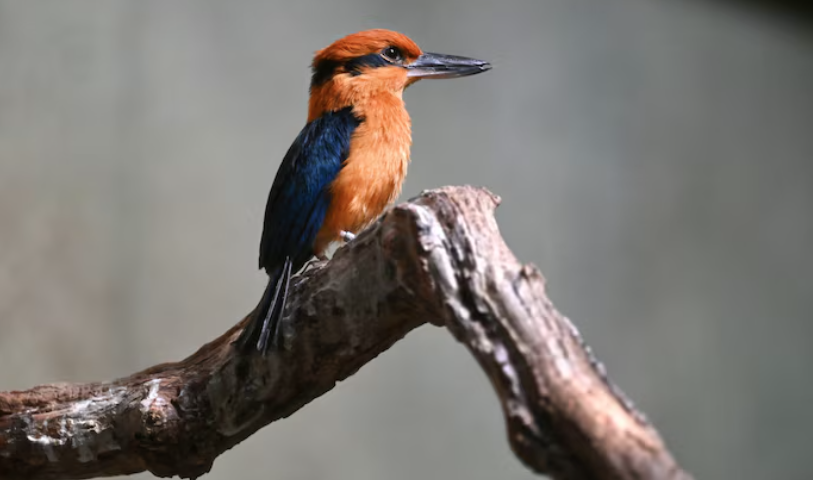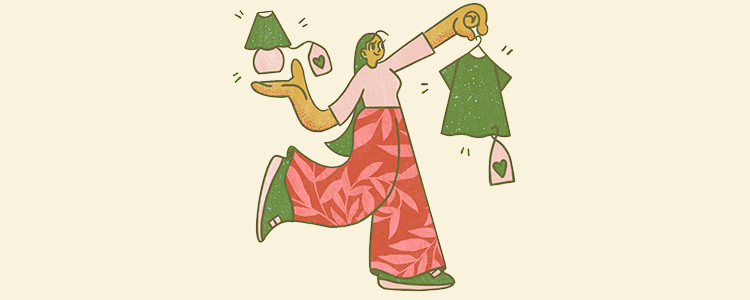||| FROM WASHINGTON POST |||
Earth’s wildlife populations have fallen on average by a “catastrophic” rate of 73 percent in the past half-century, according to a new analysis the World Wildlife Fund released Wednesday.
The WWF and the Zoological Society of London track 5,495 species of amphibians, birds, fish, mammals and reptiles around the world through the Living Planet Index, and the database shows the extent to which human activity is decimating them. Freshwater populations fell by an average of 85 percent, according to the new Living Planet report, while terrestrial populations by 69 percent and marine populations by 56 percent in the five decades between 1970 and 2020.
“It really does indicate to us that the fabric of nature is unraveling,” Rebecca Shaw, WWF’s chief scientist said of the report’s findings.
The worst declines were in Latin America and the Caribbean, with a 95 percent average drop, followed by Africa, 76 percent, and Asia and the Pacific, 60 percent. But the report said that is at least partly because in Europe, Central Asia and North America — whose animal populations declined by more than a third — people living there had already wiped out nature on a wide scale by 1970.
“This is what’s happening to our nature; we’re watching it be destroyed before our eyes,” Ritchie said.
**If you are reading theOrcasonian for free, thank your fellow islanders. If you would like to support theOrcasonian CLICK HERE to set your modestly-priced, voluntary subscription. Otherwise, no worries; we’re happy to share with you.**







